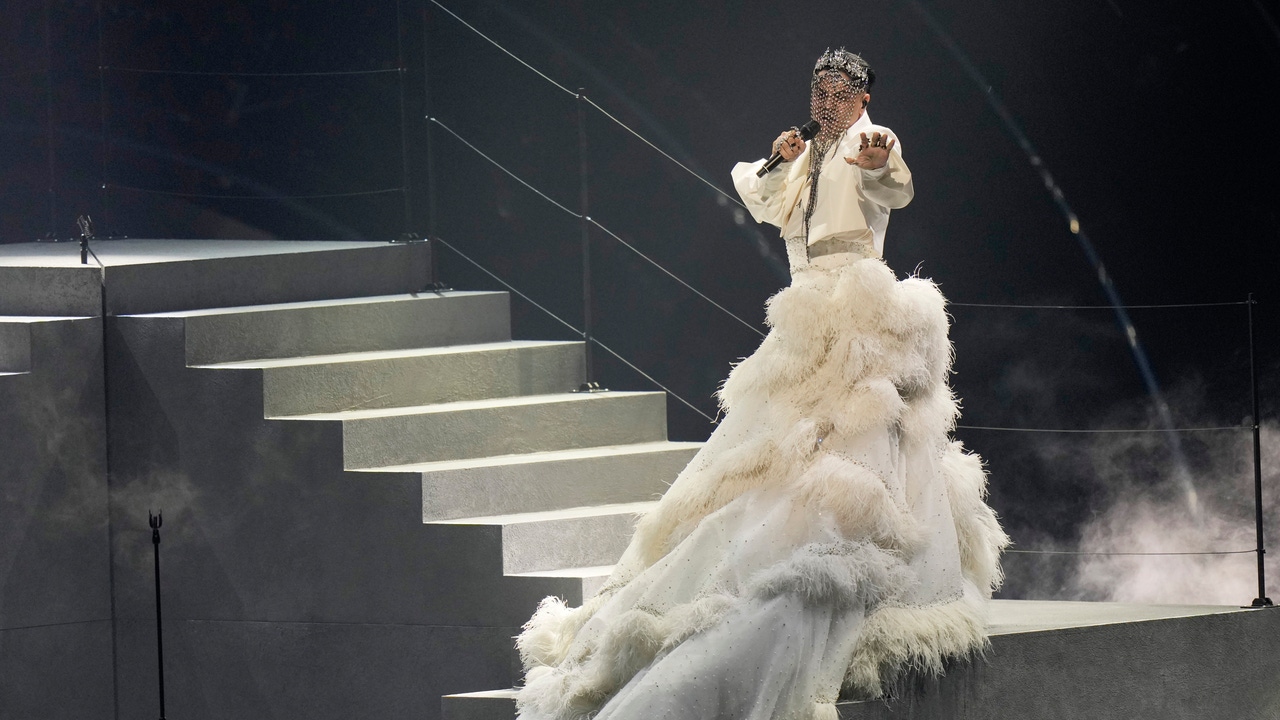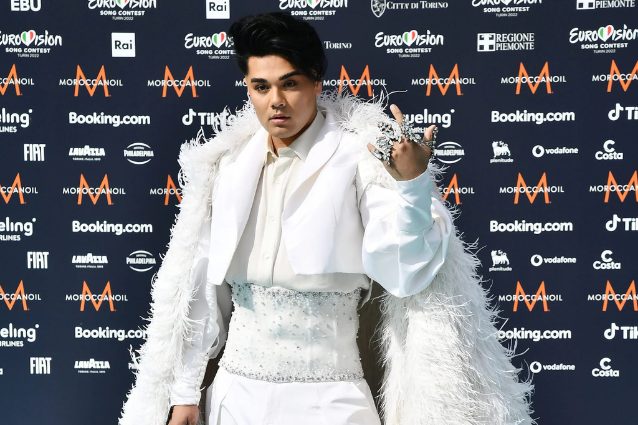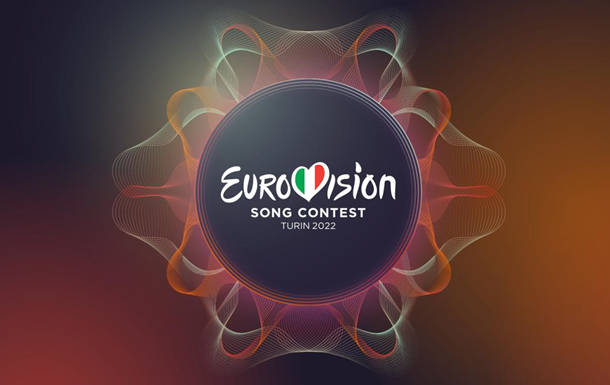Fans of the Eurovision Song Contest have long been concentrated in Australia, with Special Broadcasting Service (SBS) having broadcast the show for nearly three decades now since 1983. Many high-profile Aussie celebrities like Olivia Newton-John and Gina G have participated in the contest for other nations.

The European Broadcasting Union and Special Broadcasting Service (SBS) have agreed to extend Australia’s participation in the competition until 2023. The contest has gained huge popularity among Aussie fans and has a cult following because of the nation’s strong political and cultural ties with Europe.
Why is Australia in Eurovision Contest?
On the occasion of the successful completion of 60 years, the European Broadcasting Union (EBU) made the announcement in Feb 2015 to invite Australia to the finals of the contest. The decision was a one-off event in keeping with the theme that year.
The show is broadcasted by Australian broadcaster SBS every year since 1983. Nations are generally eligible to participate provided their broadcaster is a member of the EBU and they are within a pre-defined “European Broadcasting Area”.
Countries like Israel and Morocco participated in Eurovision over the years and other countries like Syria and Egypt are technically eligible to participate in the future if they wish to. It is logically impossible to include Australia even if someone were to loosely define “Europe”, however, the EBU agreed to relinquish the rules to permit Australia to take part.
The total finalists in the contest rose to 27 after participation by the Aussies which is the highest ever tally in the history of Eurovision. Australia finished in the top five in 2015 and was again invited next year.
Australia registered its grand success every year in the contest consecutively which led to even more invitations albeit on a case-by-case basis until 2019. Eurovision’s senior leadership then decided to allow Australia until at least 2023.
The Australian entry, performed by Guy Sebastian, advanced directly to the grand final in its first year of competition. Since then, however, the nation’s entry has had to advance via the semifinals, taking first place in the preliminary rounds in 2016 and 2019.
Australia missed to make it to the grand final on just one occasion last year.
However, it has to be noted that Australia is not the only non-European nation to participate in the contest. Israel has been competing in Eurovision for nearly five decades now and has been the winner of the contest three times.
What is Eurovision?
The Eurovision Song Contest, also known as ESC or Eurovision, is an international songwriting competition that is held every year by the European Broadcasting Union (EBU). The competition includes contestants mainly from European countries.
Each competing nation needs to submit a unique song to be performed live on radio and TV and distributed to national broadcasters via the Eurovision and Euroradio networks of the EBU. The competing nations then vote for the songs of the other nations to choose a winner.
Stay connected to this space for more interesting and latest updates from around the world!



